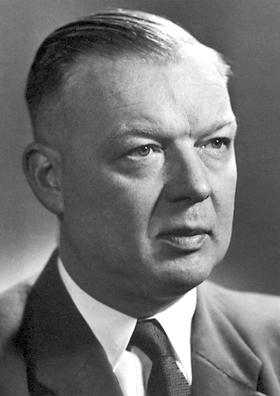This is a ridiculous conversation that I've stumbled upon by accident. But I feel compelled to respond as a Cardiology Fellow and clarify some very strange misconceptions.
- The first ever coronary angiography was performed by a Cardiologist, Mason Sones. Its a fun story, google it.
- It doesn't matter who started it or who 'gets to do it'. What matters is what's best for the patient
- An IC Fellow is a PGY-7 (3 years of IM, 3 years of general cardiology). This training is crucial to understand what patient is appropriate to cath, what patient is too sick, what patient doesn't need a cath, and then to follow up on these patients on the floor.
- IC's don't just 'shoot the pictures' and write 'clinically correlate' at the end of the report. The report is a comprehensive amalgam of hemodynamic and angiographic data along with clinical recommendations.
- With IC getting more and more complex, with the use of IVUS (intravascular ultrasound), IFR, FFR, atherectomy, shockwaves it is imperative to make this a full-time job with rigorous on-the-job learning.
Not to belittle interventional radiologists, they do amazing and impressive work. But when it comes to patient care, coronaries are best left to experts.
Hope this helps!


